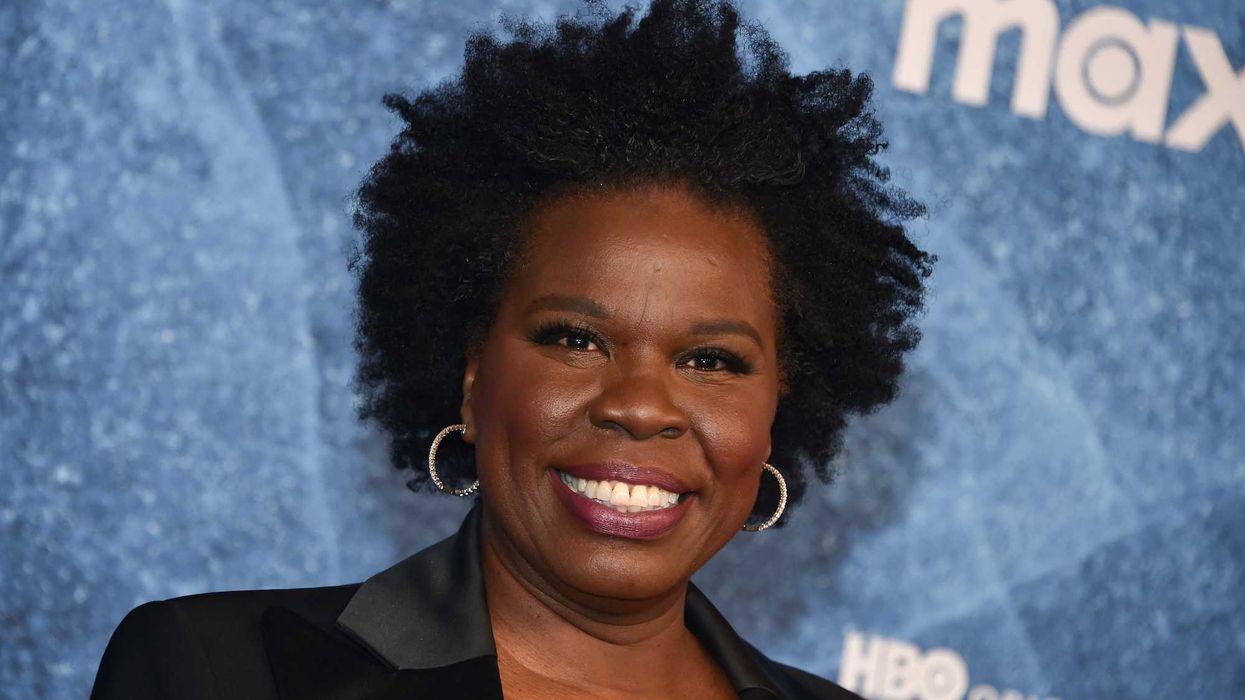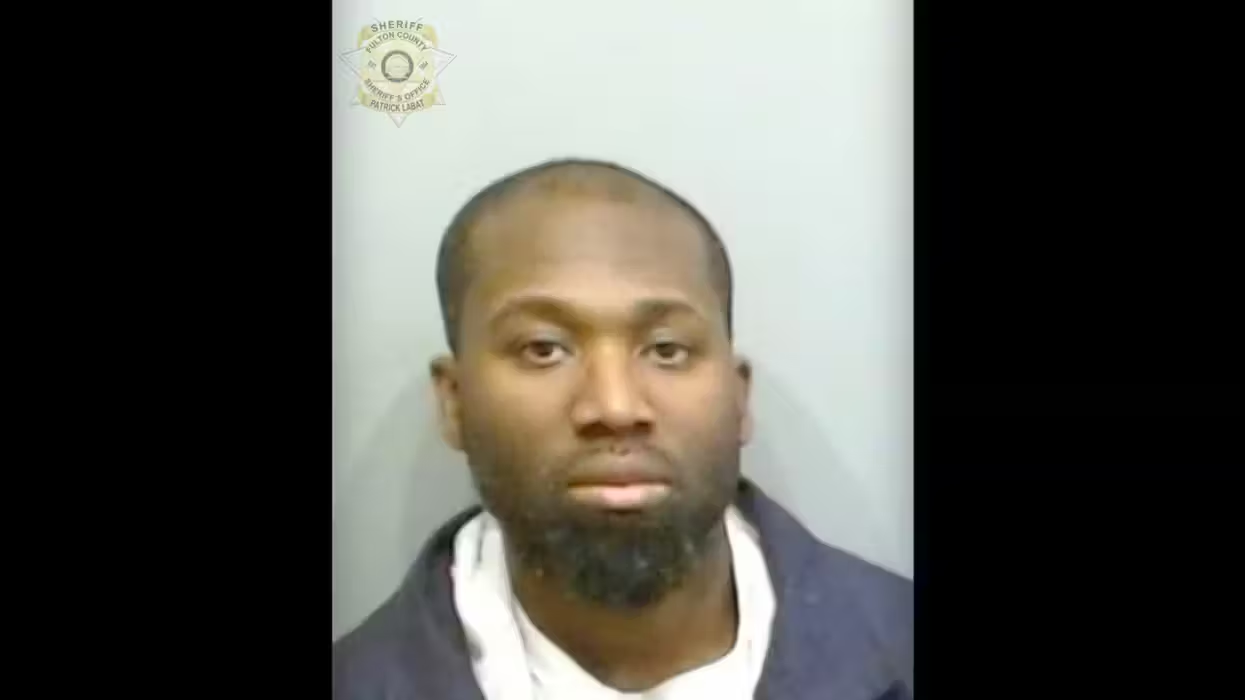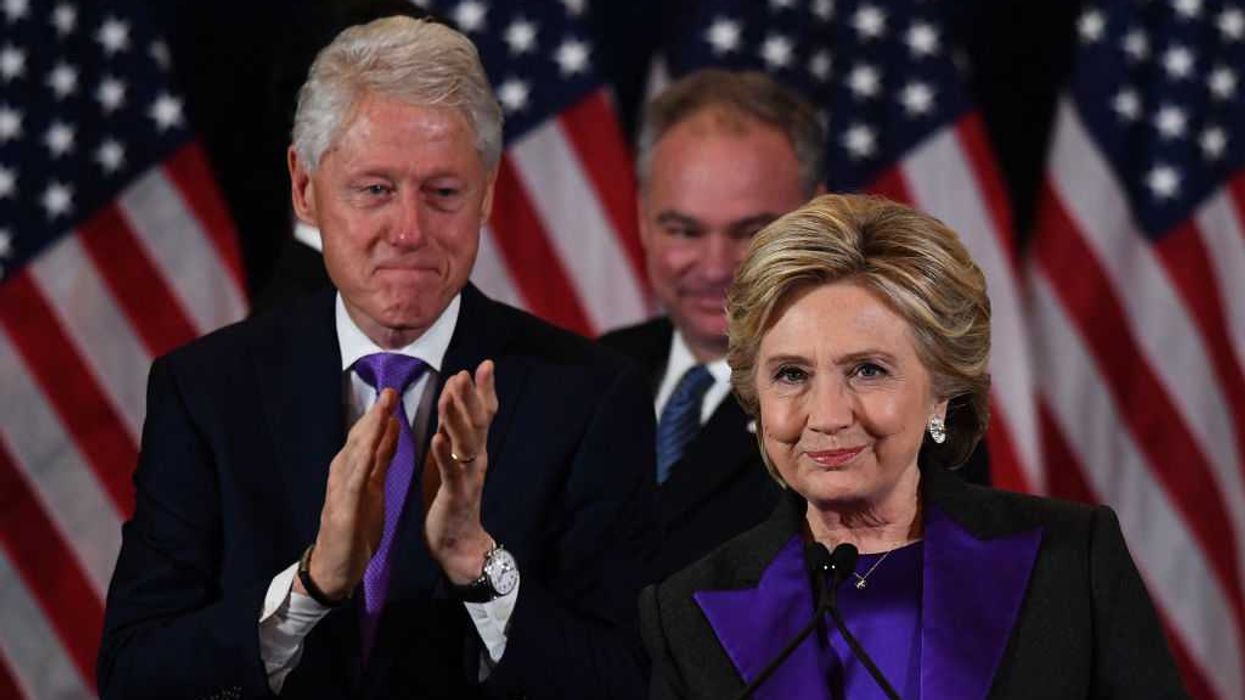
© 2025 Blaze Media LLC. All rights reserved.
Messiah College Professor: 'Obama May Be the Most Explicitly Christian President in American History
February 20, 2012
...Obama's piety, use of the Bible, and references to Christian faith and theology put most other American presidents to shame...

President Obama has consistently reiterated in interviews and speeches that he's a Christian. But his often overt proclamations haven't stopped critics from pointing to what they see as inexcusable inconsistencies. The president's support for abortion rights, his infrequent church attendance and his contraceptive mandate have been only a few of the targets that detractors have pointed to when criticizing his stated faith.
Now, a Messiah College (a Christian higher educational facility) history professor has come to Obama's defense with some bold claims in a column published on Patheos.com. John Fea, who chairs the Grantham, Pennsylvania, college's history department, wrote that President Barack Obama "may be the most explicitly Christian president in American history." Considering the ongoing debate over religious freedom and the contraceptive mandate that has been foisted upon the Catholic Church, this commentary comes at an interesting time.

Fea's argument is that Obama, despite failing to deliver on the promises he made to people of faith in 2008, may still have something to offer those individuals who embrace religion. He begins his piece by highlighting a list of Christian themes that Obama has embraced or invoked. These messages, he says, were present in the president's controversial National Prayer Breakfast address.
As you may recall, Obama said the following during his prayer speech:
“When I talk about shared responsibility, it’s because I genuinely believe that in a time when many folks are struggling and at a time when we have enormous deficits, it’s hard for me to ask seniors on a fixed income or young people with student loans or middle-class families who can barely pay the bills to shoulder the burden alone.And I think to myself, if I’m willing to give something up as somebody who’s been extraordinarily blessed and give up some of the tax breaks that I enjoy, I actually thinks that’s going to make economic sense.
But for me as a Christian, it also coincides with Jesus’ teaching that, ‘for unto whom much is given, much shall be required.'"
While some critics saw these comments as a misrepresentation of Biblical truths, left-leaning believers likely embraced Obama's claim about Jesus and taxation. Fea, though, didn't delve too deeply into the debate surrounding this contentious portion of the speech. After listing the aforementioned Christian themes Obama is said to personally embrace, Fea wrote (emphasis mine):
Obama may be the most explicitly Christian president in American history. If we analyze his language in the same way that historians examine the religious language of the Founding Fathers or even George W. Bush, we will find that Obama's piety, use of the Bible, and references to Christian faith and theology put most other American presidents to shame on this front. I think there may be good reasons why some people will not vote for Obama in November, but his commitment to Christianity is not one of them. [...]Not all evangelicals like the way Obama has talked about how his Christian faith connects with his politics. But such disagreements are too often based more on politics than Christian faith. For example, Jesus said nothing about universal health care or the role of government in the lives of citizens. Jesus did, however, say that we should care for the "least of these" and to "render, therefore unto Caesar the things which are Caesar's; and unto God the things that are God's." Christians can disagree on how to care for the "least of these" or how to "render under Caesar," but they should be united in the commitment to work toward the fulfillment of these commandments.

Arguments over Obama's personal faith and politics have been rampant in this election cycle. Over the weekend, Republican presidential candidate Rick Santorum found himself embroiled in a bit of controversy over his take on the president's beliefs. On Sunday, Santorum was explaining some of the commentary he had uttered the previous day in an attempt to temper the controversy surrounding it. The Blaze reported:
Speaking to supporters in Ohio Saturday, Santorum said Obama’s agenda is based on “some phony theology. Not a theology based on the Bible. A different theology.”“In the Christian church there are a lot of different stripes of Christianity,” he added. “If the president says he’s a Christian, he’s a Christian.”
Appearing on CBS’s “Face the Nation,” Santorum clarified his remarks: “I wasn‘t suggesting the president’s not a Christian. I accept the fact that the president’s a Christian.”
This, of course, is a relevant example of the debate that continues to surround Obama's religious beliefs. Essentially, Fea's seems to contend that arguments against the president as a stellar Christian shouldn't focus solely upon his policy-making (which critics say runs contrary to Christian doctrine).

But, despite his pro-Obama column (at least on the faith front), Fea does go on to admit that the president's handling of the contraception issue "was a disaster." However, he doesn't delve into the constitutionality of mandating that faith groups violate their theological beliefs. He continues:
[Obama] has failed in his promise to reduce abortions in the United States and, as a result, protect the weakest and most vulnerable of the "least of these." His plan to tax the richest members of society is driven by populist rhetoric, but it lacks a prophetic edge informed by the radical implications of Jesus's teachings in the Gospels.
Fea ends by claiming that Americans will best see the president's true colors on faith and policy, for better or for worse, if he is granted a second term (though the professor doesn't weigh in on either side of this potential occurrence). It is then, he argues, that Obama will be faced with a decision: Either turn toward secularism or "provide a vision of faith-based political action."
Last year, Messiah College captured headlines for inviting controversial leftist professor Frances Fox Piven to speak at the Christian, higher education facility.
Want to leave a tip?
We answer to you. Help keep our content free of advertisers and big tech censorship by leaving a tip today.
Want to join the conversation?
Already a subscriber?
Billy Hallowell is a digital TV host and interviewer for Faithwire and CBN News and the co-host of CBN’s "Quick Start Podcast."
Billy Hallowell
Billy Hallowell is a digital TV host and interviewer for Faithwire and CBN News and the co-host of CBN’s "Quick Start Podcast."
more stories
Sign up for the Blaze newsletter
By signing up, you agree to our Privacy Policy and Terms of Use, and agree to receive content that may sometimes include advertisements. You may opt out at any time.
Related Content
© 2025 Blaze Media LLC. All rights reserved.
Get the stories that matter most delivered directly to your inbox.
By signing up, you agree to our Privacy Policy and Terms of Use, and agree to receive content that may sometimes include advertisements. You may opt out at any time.






